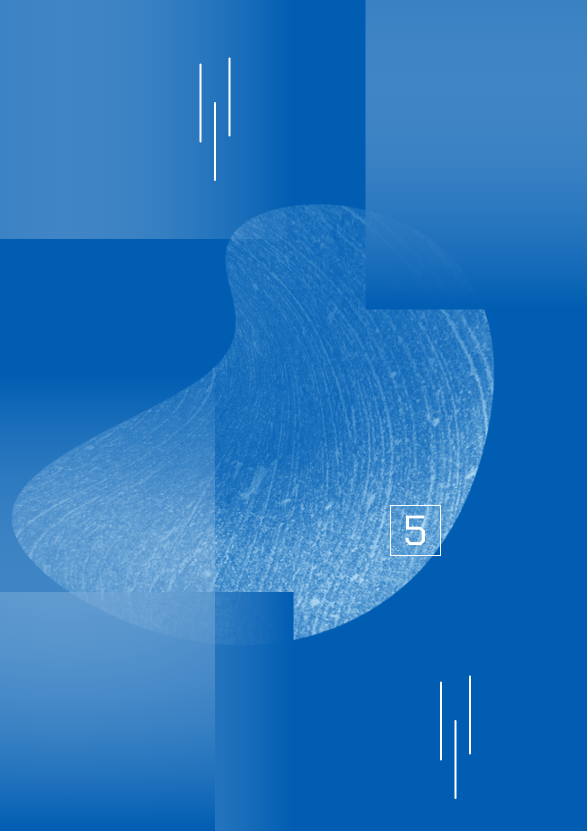

EU, EMFA, Disinformation in Africa – Newsletter #5
Charlotte Freihse
Hello, and welcome to issue #5 of our Upgrade Democracy newsletter
Summer is finally here! Before the long-awaited summer break begins, we are just tying up the last bits of very eventful and intense weeks where a lot happened internally and externally. Here is a quick run-through:
A month full of events or: where can I find my team?
Our June was so packed with different conferences, panels, and lectures that we sometimes needed to catch up on who was actually where. Kai was at the Political Academy in Vienna and the Academy for Political Education with talks on social cohesion. At re:publica, Cathleen moderated a panel on the DSA and social media monitoring with Dannyelle Thompson (DRI), Lea Frühwirth (CeMAS), and Rita Jonusaite (EU Disinfo Lab). Joachim participated virtually in this year’s #RightsCon, and I discussed decentralized networks and their potential for the public good together with Minna Aslama Horowitz (University of Helsinki), Justyna Kurczabinska (European Broadcasting Union) and Emi Palmor (Meta Oversight Board) as part of #EuroDIG 2023. In Berlin, Julia completed a first workshop with potential partner organizations for the development of our pilot project. More details on that soon!
Worry and hope over in Brussels: European Media Freedom Act (EMFA) and Digital Services Act Stakeholder Event. t
Even in Brussels, the summer break has yet to arrive. Negotiations on the EMFA are in full swing, and two aspects are currently giving cause for concern: First, France, Germany, and the Netherlands, among others, are pushing for an exemption in the new EU law that would provide states with the power to monitor the electronic communications of journalists. Secondly, the media exemption clause, already controversial in the DSA and rejected in the last instance, is also not yet off the table: this exemption for content declared as “media content” de facto nullifies the responsibility of content moderation of large online platforms for “media content” regulated by the DSA. After fierce criticism from civil society and journalists on Article 17, this EMFA update is now another one that could jeopardize the protection of journalistic independence from political influence and make it more challenging to fight digital disinformation. Negotiations are expected to be completed before the EU elections. That would be before June 2024: exciting times ahead. Let’s hope Brussels will learn from the processes in other legislative procedures, such as the DSA. In the context of the DSA, the first stakeholder event of researchers, civil society, platforms, and the European Commission took place on June 27 to discuss findings and proposals on the implementation of the DSA. The results still need to be published. Nevertheless, the event gives reason to hope that the implementation of the DSA can succeed through a multi-stakeholder approach.
Disinformation in the African context: full of ideas and inspiration, Joachim, Ralph, and I completed the first regional workshop in Nairobi, Kenya.
As announced in issue #4, we started our first research trip in June. Joachim, Ralph, and I spent five exciting days in Nairobi and did one thing above all: learned a lot of new things and met many wonderful people. Our regional partner CIPESA brought together more than 25 participants from 15 different African countries in a two-day conference. Afterwards, we had bilateral discussions with government representatives, NGOs, and journalists to gain additional insights. In the category “Perspectives” on upgrademocracy.de, you can soon find our collected analyses, interviews, and blog articles – stay tuned!
Below you will find, as always, some exciting reading recommendations, this time with a particular focus on disinformation in the African context for all those who want to get in the mood for our research reports and analyses.
Have a relaxing summer, and see you soon,
Charlotte
Final call! Last chance to vote in our Community Voting today.
Until today, you can vote on which topic we should reflect on in August in our impulse series with experts and write an impulse paper. There are three exciting topics around platform regulation to choose from.
Click here to vote:
Upgrade Democracy / Community Voting (office.com)
Impulse #3 on the potential of platform councils
In the third publication of our impulse series, we looked at platform councils and their potential for democratic platform governance. . The impulse paper written by Cathleen Berger, Charlotte Freihse, Matthias C. Kettemann, Katharina Mosene and Vincent Hofmann and is available in German here:
Impulse – Upgrade Democracy
Tired of Twitter but struggling to find a good alternative?
We tested the decentralized alternatives Mastodon and BlueSky and took a closer look at reports on Meta’s P92, analyzing their potential for the common good.
You can find our take [EN]here:
Moving on from Twitter? We’ve looked at three alternatives to help you decide. – Upgrade Democracy
Study “Conspiracy Mentality in Times of Crisis” now also available in English!
The study by Georgi Dragolov, Klaus Boehnke, and Kai Unzicker is a detailed analysis of data from an online survey of approximately 2,700 individuals aged 16 and older in Baden-Württemberg. The survey was conducted during the turn of the year 2021/2022 and aimed to investigate social cohesion during the COVID-19 pandemic. The complete report on conspiracy mentality can be downloaded here.
Reading recommendations




